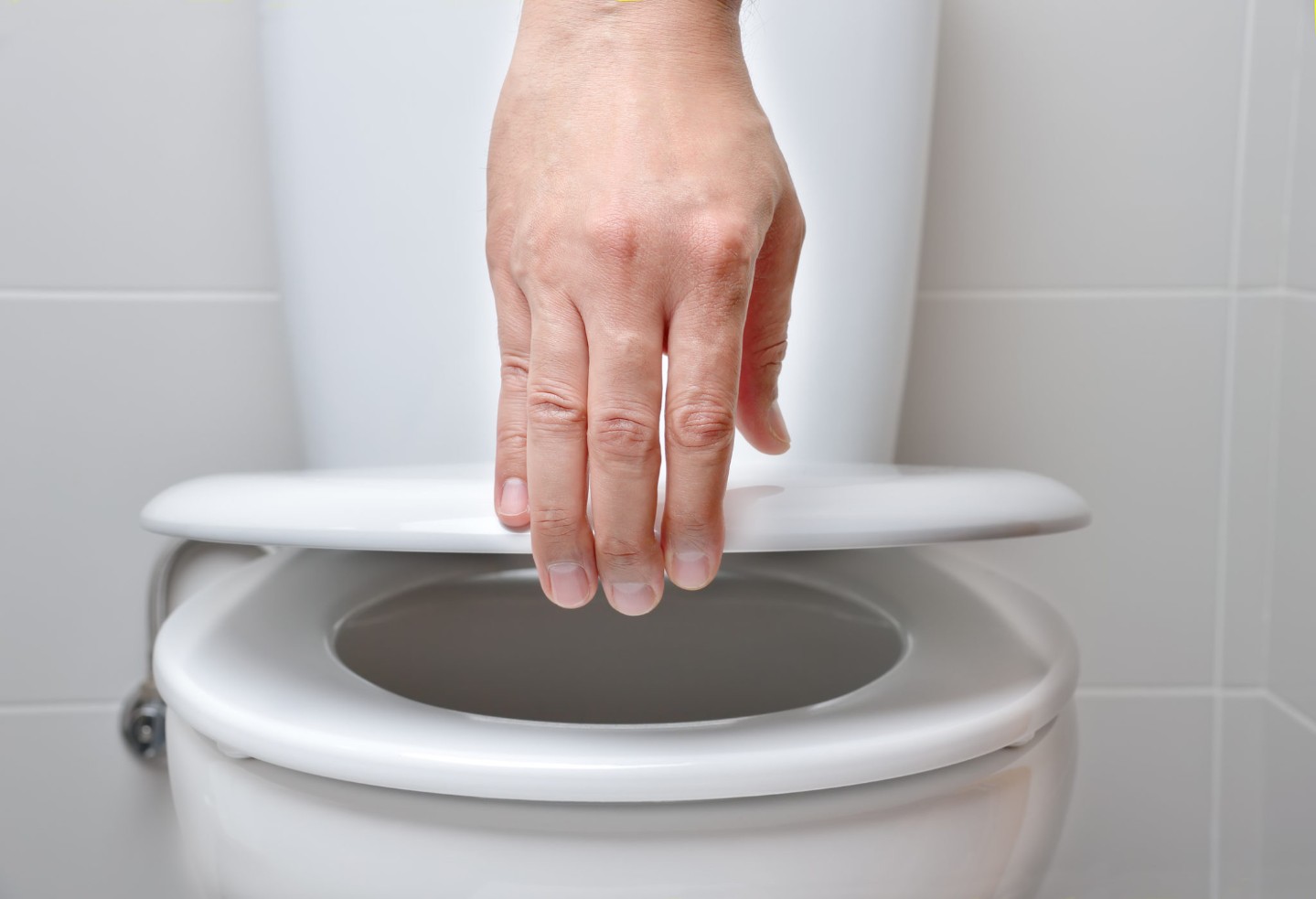Fueling Your Family's Future: A Doctor's Perspective on National Nutrition Month
MAR 01, 2026Good nutrition is about building a foundation for a vibrant, energetic, and disease-resistant life for you and your loved ones.
Read More
What causes blood in the urine? It’s not something you want to talk about, but it’s something you should never ignore. The causes range from not-so-serious to quite serious – so it’s absolutely essential that you contact your primary care provider right away to determine the reason for the bleeding.
The medical term for blood in urine is hematuria. There are two main kinds: blood you can see in your urine and blood you cannot see (microscopic blood). Some people may have other symptoms, such as pain (back or lower abdomen) and urinary symptoms (burning, urgency, frequency). Others may not have any additional symptoms.
Several medical conditions can cause blood to appear in the urine.
To determine what’s causing blood to appear in your urine, you should see your primary care provider for evaluation and routine tests. Less serious causes, such as urinary tract infection, can be treated by your primary care provider. For more serious causes, such as kidney stones, you may be referred to a urologist, which is a surgeon who specializes in the urinary system. An evaluation may include urine tests, a CT scan and an office procedure called “cystoscopy” which uses a camera to look inside the bladder.
Blood in the urine can be one of the first signs of cancers in your urinary tract, which includes the kidneys, bladder and the collecting system. Risk factors for cancers of the urinary tract include:
Don’t ignore this serious symptom. If you see blood in your urine, contact your primary care provider right away.

Good nutrition is about building a foundation for a vibrant, energetic, and disease-resistant life for you and your loved ones.
Read More
Raynaud's phenomenon is a rare disorder that affects the blood vessels, most commonly in the fingers and toes, but sometimes also in the nose, ears, or lips.
Read More
Winter brings beautiful snowy landscapes and cozy evenings, but the cold, dry air—indoors and out—can be harsh on our hands, leading to dryness, cracking, and even more serious issues like frostbite. Protecting your hands is crucial for comfort and s...
Read MoreWhen you need local health information from a trusted source, turn to the CHI Health Better You eNewsletter.